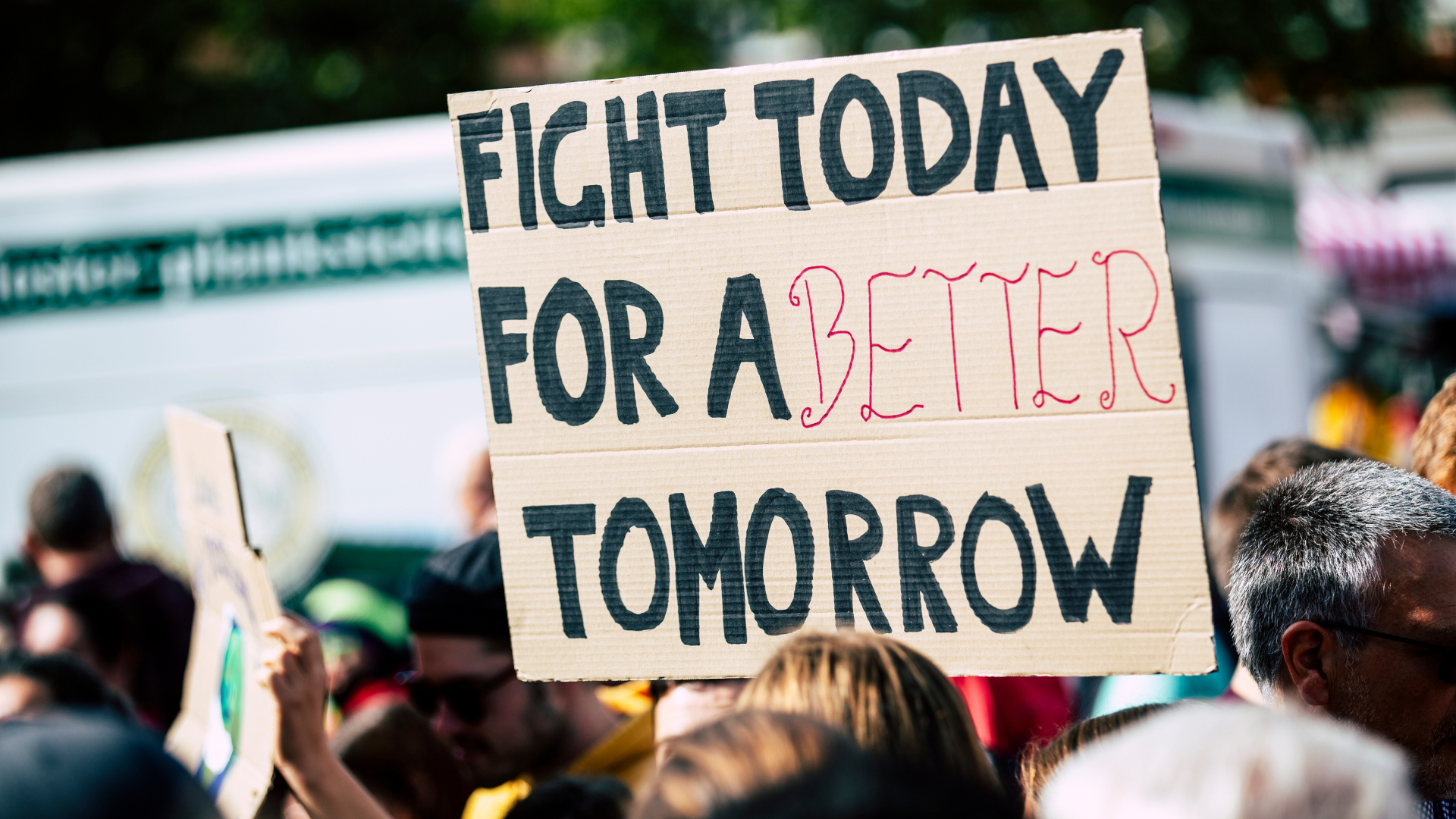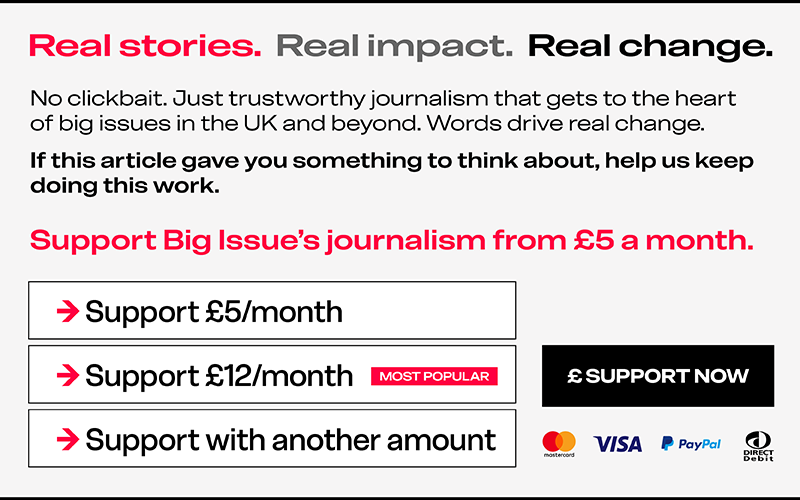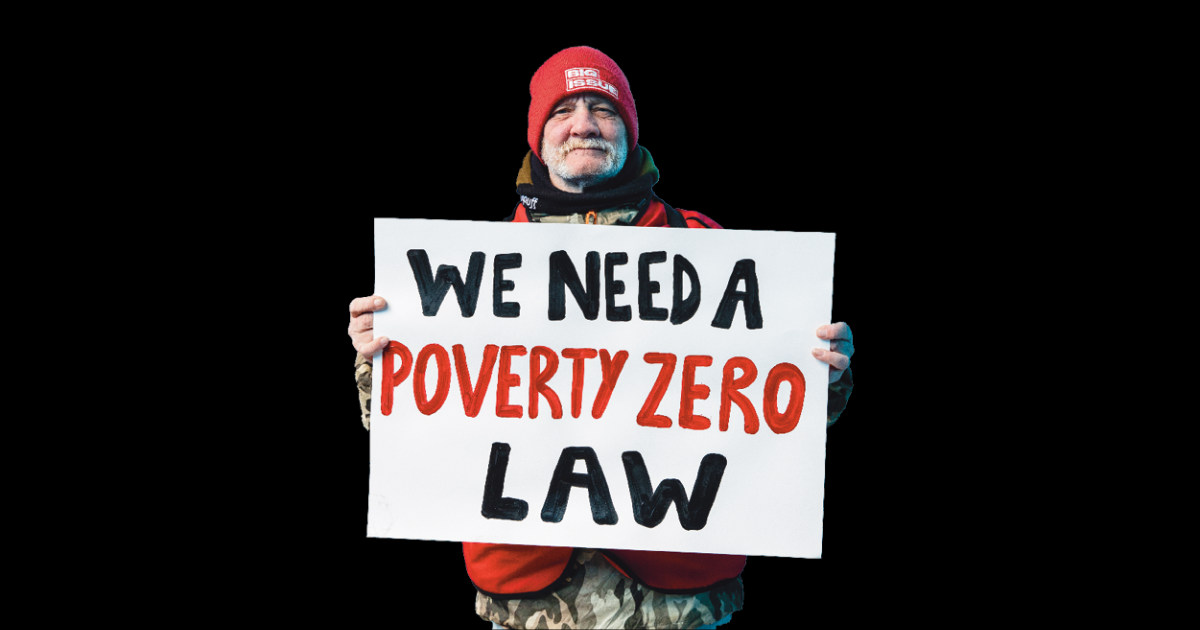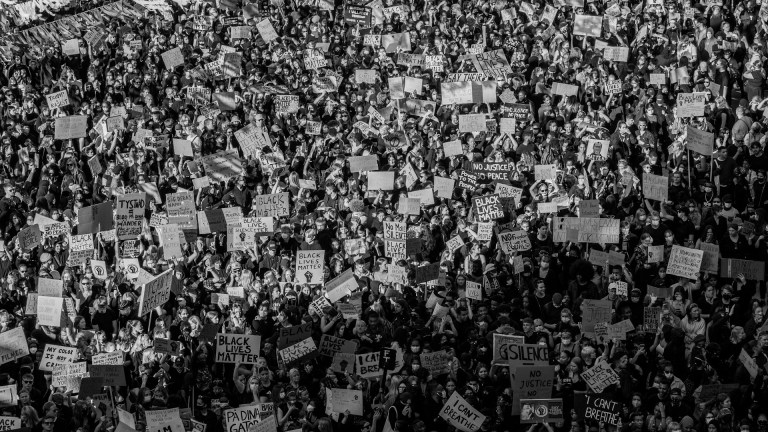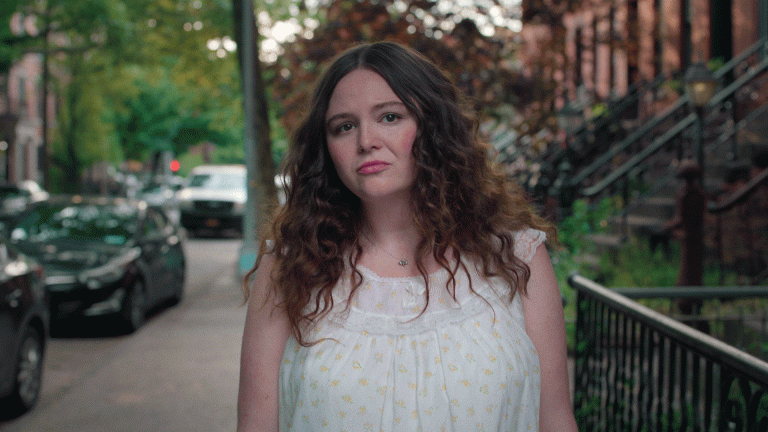Keir Starmer has finally announced a policy to be optimistic about. The government has promised the voting age will be lowered to 16 across the UK before the next general election, honouring their 2024 manifesto commitment on the issue. This means, if the next election is held in 2029, around 1.5 million 16 and 17-year-olds will be able to vote. While the usual suspects in the political commentariat have decried the policy like it’s going to make the sky fall in, there’s a more interesting question to ask than whether votes at 16 is right: how influential could those young people be at the next election?
Young people’s dissatisfaction with politics as usual is well known. 2011 saw an explosion of student-led protests, namely against tuition fees, but also against austerity more widely. A decade later, a 2020 Cambridge study found that younger people “have become steadily more disillusioned with democracy” due to “economic exclusion”. They’ve suffered disproportionately when it comes to issues like insecure housing, insecure work and the costs of higher education.
Read more:
- ‘Adults make dumb decisions’: What do teenagers think about lowering the voting age?
- Giving 16-year-olds the vote: Will it beat far-right populism or does it play right into Farage’s hands?
- Votes at 16 is a victory for young people – but true democratic empowerment is still some way off
A contentious Channel 4 study this year even suggested that a majority of 13-27-year-olds thought Britain would be better as an autocracy rather than holding elections. Politicians typically tend to cater towards older voters, and given that we have an ageing population, those voters end up disproportionately skewing policy agendas. The age divide across voting habits really reflects a class divide, of which age is now a key factor; generally, older people tend to be more well off and younger people less so. Therefore, policies that disadvantage the poorest are also automatically disadvantaging younger people.
So with millions more potential votes up for grabs, what might their electoral impact be? Perhaps it will get harder to justify cuts to youth services, increasing tuition fees or reducing renters’ rights if politicians can be held more accountable at the ballot box. As it stands, younger voters tend to be more concentrated in urban areas, cities and university towns, but 16 and 17-year-olds, given that they are mostly living with family still, tend to be more evenly distributed. Birmingham Hodge Hill constituency has one of the largest proportions of 16 and and 17-year-olds in the UK, but theoretically this demographic could have some impact in other constituencies such as declining coastal towns like Clacton-on-Sea or small market villages like South Norfolk.
However, realistically, any significant impact could only be gained if all those younger people actually voted, and for the same candidate. It’s not totally impossible, but perhaps unlikely to be replicated across lots of constituencies, especially given that the youth turnout in general tends to be low. Older voters will likely still outnumber them. Voter ID – which tends to discriminate against younger people as they are less likely to have a suitable identification or be aware that it’s required to vote – still remains. A “youthquake” on the basis of expanding the minimum voting age alone seems unlikely.
